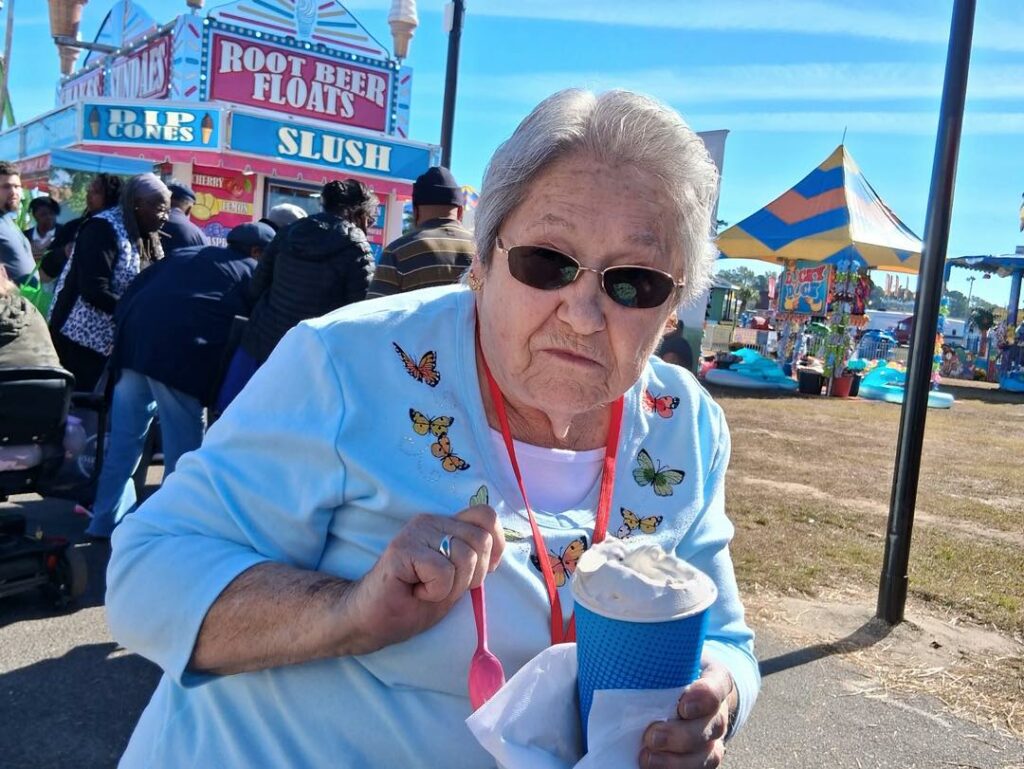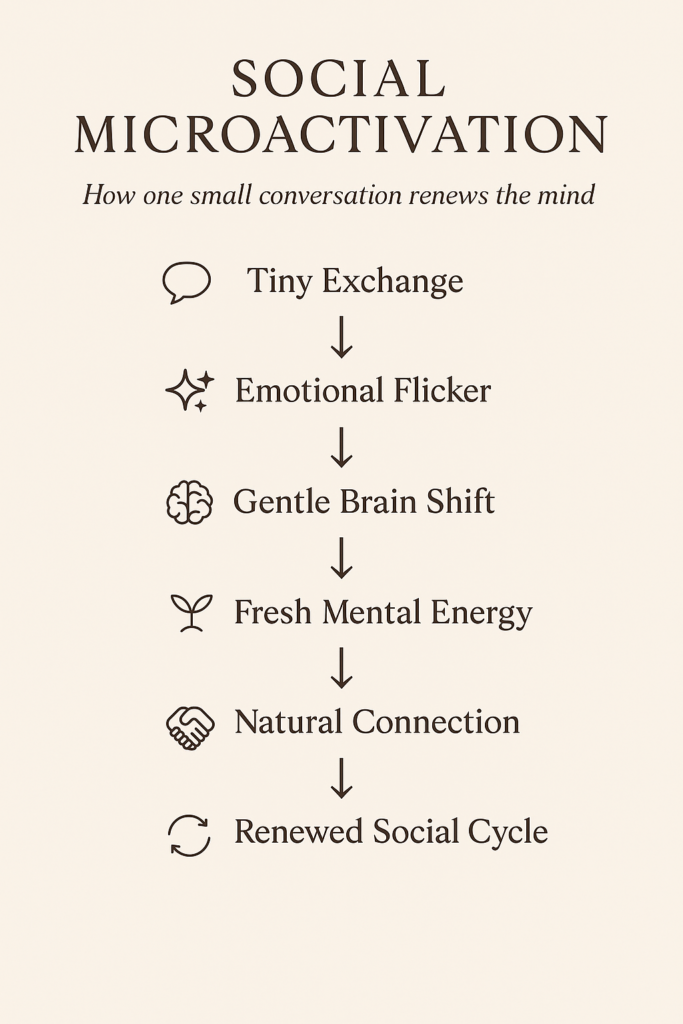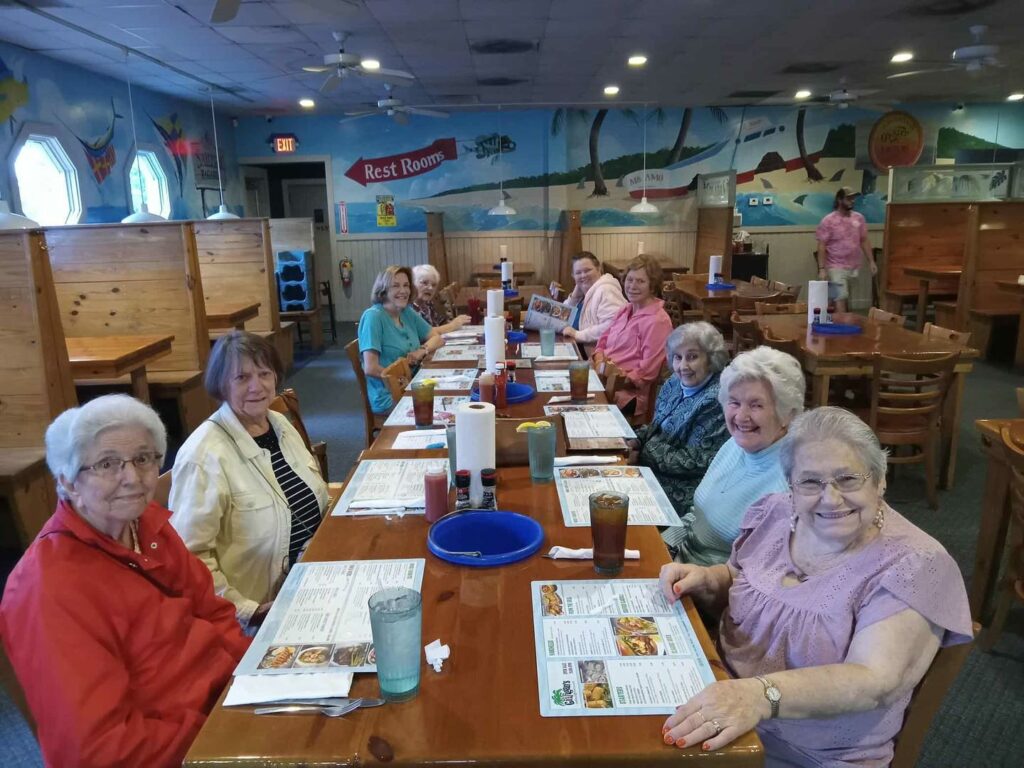What Independent Living Really Feels Like — A Quick, Stylish Look
Independent Living arrives like a quieter kind of clarity. Days start to breathe again. Spaces feel lighter. The mind follows.
Picture this scene:
You wake up in a place that feels organized without effort. The morning has no repairs waiting, no chores hiding behind doors, no long list of fixes you keep postponing. Just the sound of your room settling into the day.
Moments that become common:
- Sitting down to a warm meal you didn’t have to plan
- Running into someone who shares your favorite book or decade of music
- Joining an activity because it caught your curiosity, not because you had to fill time
- Coming home from a walk and finding everything exactly as you left it
- Feeling energy return in small, steady ways
Independent Living often creates a shift that people notice only after a few days. A calmer pace. More mental room. A sense of “I haven’t felt this in a while.”
Tiny signals that life starts flowing again:
- You laugh more often
- You rediscover hobbies you forgot you loved
- You stop keeping mental track of chores
- You say yes to things because they fit your mood
- You remember what relaxed feels like
The experience is simple. A lighter schedule. A clearer mind. A home that supports your day instead of interrupting it.
It becomes a place where life gathers color again.

Reason 1: The Quiet Invitation of a Day Without Chores
Some days arrive like a gentle visitor. They step into your morning without raising their voice. A mind free from chores often recognizes this before the body does. Suddenly there is no mental countdown. No silent mapping of tasks. No quiet pressure to fix, sort, or straighten something. The minutes unfold with a different texture.
You might notice it in a very small moment.
You sit down. You stay seated.
Your body accepts the chair like it has finally found its own rhythm.
Tiny signals that this gentle shift is happening:
- Your breathing feels less like an instruction and more like a natural motion
- Your eyes pause on a window, a plant, or a memory
- Your shoulders drop two centimeters without you telling them to
- Your mind brings back old hobbies as if opening forgotten windows
- Your inner voice speaks at a slower volume
A geriatrician once explained it with a clarity that stays in the mind.
He said that when the brain stops juggling micro-tasks, it regains access to what he called deep cognitive space.
This is the place where imagination stretches, memories reorganize, and emotional balance becomes easier to maintain.
Moments that gain meaning when deep cognitive space opens:
- Making tea and realizing you actually taste it
- Reading a few pages without checking the clock
- Taking a slow walk because the weather invited you
- Choosing a small pleasure simply because it felt right
This kind of day does something subtle. It allows you to feel more present inside yourself. Not in a dramatic way, but in the way a quiet room slowly fills with light. The experience carries a calm humor, too.
You notice you are smiling at nothing in particular.
You realize your thoughts are behaving.
You might even think, Ah, so this is what my mind can do when it is not negotiating with chores.
The philosopher in all of us wakes up a little on these days.
The world feels arranged with more kindness.
Your pace becomes your own again.
Reason 2: Conversations That Bring Energy Back
Scientists who study aging often point out something curious. Human beings recharge through social contact in the same way plants respond to sunlight. A few minutes are enough to shift the chemistry of the day. And in Independent Living communities, this “daily dose of human light” appears in many unexpected corners.
Imagine this scene:
Someone steps into the bistro for a cappuccino and hears a comment about the weather in Summerville.
Another person finishes a fitness class and shares a tip about stretching the hips.
Two neighbors meet by chance near the walking trail and start talking about the book clubs they used to join.
These exchanges look ordinary from the outside, yet they carry a particular spark. They awaken the brain. They widen the emotional field. They invite curiosity to return to the surface, even in individuals who once felt quieter or more withdrawn.
Micro-moments where this energy becomes visible:
- A small laugh between salon appointments
- Someone recommending a playlist they used during morning exercises
- A resident mentioning a memory triggered by the smell of coffee
- A spontaneous question about an art project displayed in the activity room
- Two people discovering they grew up in the same decade of music
Researchers describe this effect as “social microactivation.” It is the phenomenon where short interactions increase dopamine, improve attention, and enhance overall engagement with the environment. Adults who experience these microactivations show better cognitive performance and stronger emotional stability throughout the day.

Wildcat Senior Living provides many places where this can happen naturally.
Not as a program. Not as a rule.
But as a result of design: the beauty salon, the landscaped terrace, the fitness center, the bocce court, the walking paths, the dining room that smells like something warm is coming out of the oven.
In those spaces, conversations appear the way sparks jump when two stones strike.
Quick.
Bright.
Unexpectedly meaningful.
People exploring Independent Living often hope for moments like these:
- Connection without pressure
- Encounters without formality
- Voices that feel familiar
- Curiosity that wakes up instead of fading out
- A sense of community that builds itself
When conversations circulate freely, something essential changes.
Days feel more animated.
Thoughts feel more awake.
Life feels closer, warmer, more textured.
It is a simple truth wrapped in everyday elegance.
Energy returns through people.
And in the right environment, that energy multiplies.
Reason 3: Freedom That Fits Into Your Lifestyle, Not the Other Way Around
Freedom in Independent Living tends to appear in small, flexible choices rather than in big declarations. It adapts to the pace each person already has. It blends into routines instead of replacing them. This is why so many older adults describe it as a “breathing space” rather than a change.
Think of it as freedom that adjusts to you.
You choose the rhythm. The community simply supports it.
Practical examples people are truly looking for:
- Waking up when the body wants, not when chores demand it
- Eating at the moment that feels right, with meals already prepared
- Joining an activity only when curiosity taps the shoulder
- Taking a long walk without worrying about what needs fixing at home
- Planning a day trip because transportation is available
- Spending a quiet afternoon alone, knowing help is nearby only if needed
Independent Living also gives freedom in unexpected ways.
Less responsibility means more mental room for personal rituals.
A resident might read every morning in the same sunny corner.
Another might spend afternoons gardening in the terrace.
Someone else may treat themselves to weekly salon visits just because it feels good.
Daily signals that freedom is settling in:
- You stop checking the clock
- You try one new thing each week
- You return to old hobbies with more ease
- You say yes to invitations without calculating chores
- Your schedule feels like it finally belongs to you
This type of freedom becomes practical, steady and personal.
A space where life flows at your natural tempo.
A pace shaped by preference, not pressure.

Reason 4: Habits and Routines That Support Your Future Self
Every chapter of life has its rituals. Some are inherited, others discovered by accident, and some appear only when the right environment makes room for them. In Independent Living, habits tend to grow almost the way plants do on a well-lit terrace: quietly, steadily, with a sense of direction.
This is what many older adults want:
habits that feel sustainable, routines that feel kind, and a daily structure that supports who they are becoming, not just who they have been.
At Wildcat Senior Living, these routines emerge from everyday moments.
A morning walk on the trails becomes a ritual that lifts the mind before breakfast.
A fitness class turns into a weekly anchor for balance and flexibility.
A beauty-salon appointment becomes a reminder of personal care.
A cappuccino at the bistro becomes a break that resets the internal rhythm.
A community outing becomes a reason to stay curious about the world.
Habits that quietly shape the future self:
- Choosing movement every day, even if it is light
- Eating balanced meals without the effort of planning or cooking
- Joining activities that challenge the mind in small, playful ways
- Taking advantage of onsite wellness programs and therapies
- Building consistent social routines that protect emotional health
These routines create something powerful.
They stabilize the nervous system.
They support cognitive longevity.
They give the future version of a person a softer landing.
Daily markers that the future self is being cared for:
- You feel steadier in the mornings
- Your body moves with more confidence
- Your thoughts have more clarity
- Your mood fluctuates less
- Your days feel aligned instead of scattered
A good routine is not rigid.
It moves with you.
It adjusts to your needs.
It becomes a quiet architecture that holds you as you grow older in comfort, style and intention.
Reason 5: Spaces Designed to Make Life Flow More Smoothly
Some places are built to look beautiful. Others are built to work beautifully.
Independent Living tends to combine both.
At Wildcat Senior Living, the design quietly guides how the day moves.
It removes friction. It reduces decision fatigue. It organizes energy without forcing routines.
How the environment shapes daily flow:
- Walking paths that invite movement without planning
- A landscaped terrace that becomes a natural pause point
- A dining room that sets the rhythm for nourishment
- A bistro that creates tiny social moments
- Fitness areas that make staying active feel effortless
- Salon spaces that turn self-care into a ritual
- Nearby nature and parks that open the mind and calm the nervous system
What residents often experience:
- Fewer interruptions
- Easier transitions between activities
- More clarity and emotional balance
- A softer mental load throughout the day
When a space is shaped with intention, life starts moving in a gentler line.
The environment does half the work.
The person simply lives.
References
Rothman, E. (2021). Cognitive load and emotional regulation in older adults: Everyday implications for well-being. Journal of Geriatric Behavioral Health, 14(3), 112–119.








